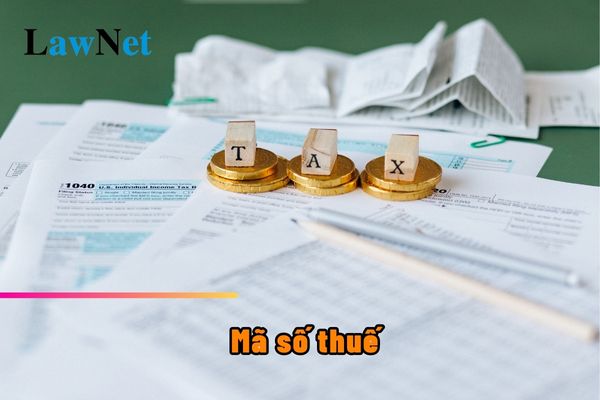Is the cooperative ID number the TIN? Does the revocation of a cooperative registration certificate also deactivate the TIN in Vietnam?
Is a cooperative ID number considered a TIN in Vietnam?
Pursuant to Article 5 of Circular 105/2020/TT-BTC prescribing the TIN structure as follows:
Structure of TIN
1. Structure of TIN
N1N2 N3N4N5N6N7N8N9 N10 - N11N12N13
Where:
- The first two digits N1N2 are the TIN allocation number.
- The seven digits N3N4N5N6N7N8N9 are determined according to a specific structure, increasing from 0000001 to 9999999.
- Digit N10 is the check digit.
- Three digits N11N12N13 are sequential numbers from 001 to 999.
- The hyphen (-) is a separator between the first 10 digits and the last 3 digits.
2. The enterprise ID number, cooperative ID number, subordinate unit ID number of the enterprise or cooperative issued according to the law on enterprise registration and cooperative registration is the TIN.
3. Classification of TIN structure
a) The 10-digit TIN is used for enterprises, cooperatives, organizations with legal status, or organizations without legal status but directly incurring tax obligations; representatives of households, business households, and other individuals (hereinafter referred to as independent units).
b) The 13-digit TIN with a hyphen (-) separating the first 10 digits and the last 3 digits is used for subordinate units and other entities.
...
Therefore, under the above provisions, the cooperative ID number is indeed the TIN.
Does the revocation of a cooperative registration certificate also deactivate the TIN?
The termination of the validity of a TIN is stipulated in Article 39 of the Law on Tax Administration 2019. Specifically:
TIN deactivation
1. Taxpayer registration together with enterprise registration, cooperative registration, business registration must deactivate the TIN in the following cases:
a) Termination of business operations or dissolution, bankruptcy;
b) Revocation of enterprise registration certificate, cooperative registration certificate, or business registration certificate;
c) Division, merger, or consolidation.
...
Therefore, under the regulations, the revocation of a cooperative registration certificate is one of the cases leading to the TIN deactivation.

Is the cooperative ID number the TIN? Does the revocation of a cooperative registration certificate also deactivate the TIN in Vietnam? (Image from Internet)
What are the 13 responsibilities of taxpayers in Vietnam?
The responsibilities of taxpayers are stipulated in Article 17 of the Law on Tax Administration 2019. Specifically:
(1) Perform taxpayer registration and use the TIN as prescribed by law.
(2) Accurately, honestly, and fully declare taxes and submit tax dossiers on time; be responsible before the law for the accuracy, honesty, and completeness of tax dossiers.
(3) Fully and timely pay taxes, late payment interests, and fines at the correct location.
(4) Comply with accounting policies, statistics, and management and use of invoices, documents as prescribed by law.
(5) Accurately, honestly, and fully record activities arising tax obligations, tax deductions, and transactions that must be declared for tax information.
(6) Make and deliver invoices, documents to buyers according to the correct quantity, type, and actual payment value when selling goods or services as prescribed by law.
(7) Accurately, fully, and promptly provide information, documents related to determining tax obligations, including information on investment value; numbers and contents of transactions of accounts opened at commercial banks or other credit institutions; explain tax calculations, declarations, and payments upon request of tax administration agencies.
(8) Comply with decisions, notifications, and requests of tax administration agencies, tax officials as prescribed by law.
(9) Bear responsibility for fulfilling tax obligations as prescribed by law in case the legal representative or proxy representing the taxpayer executes tax procedures incorrectly.
(10) Taxpayers conducting business operations in areas with IT infrastructure must declare, pay taxes, and transact with tax administration agencies via electronic means as prescribed by law.
(11) Based on the actual situation and IT equipment conditions, the Government of Vietnam specifies in detail cases where taxpayers are not required to submit documents in tax declaration dossiers, tax payment dossiers, tax refund dossiers, and other tax dossiers which state management agencies already have.
(12) Establish, manage, and operate an infrastructure system to ensure conducting electronic transactions with tax authorities, applying information connection related to tax obligations with tax administration agencies.
(13) Taxpayers with associated transactions must prepare, store, declare, and provide dossiers related to taxpayers and associated parties, including information about associated parties residing in countries or territories outside Vietnam as prescribed by the Government of Vietnam.

